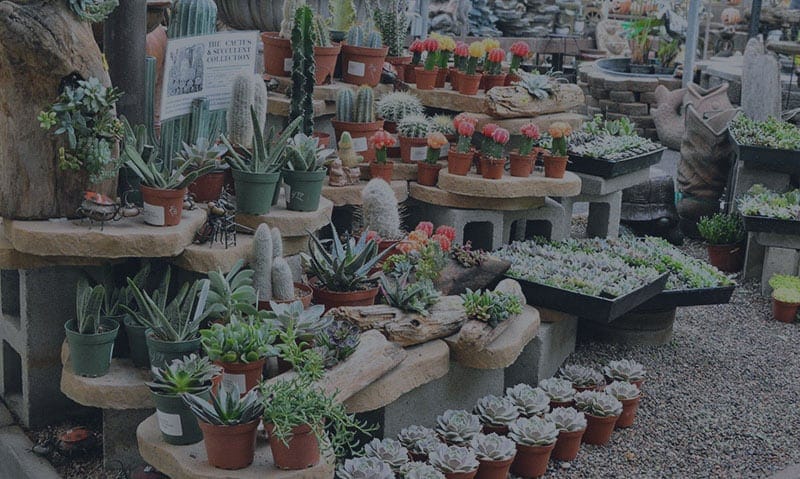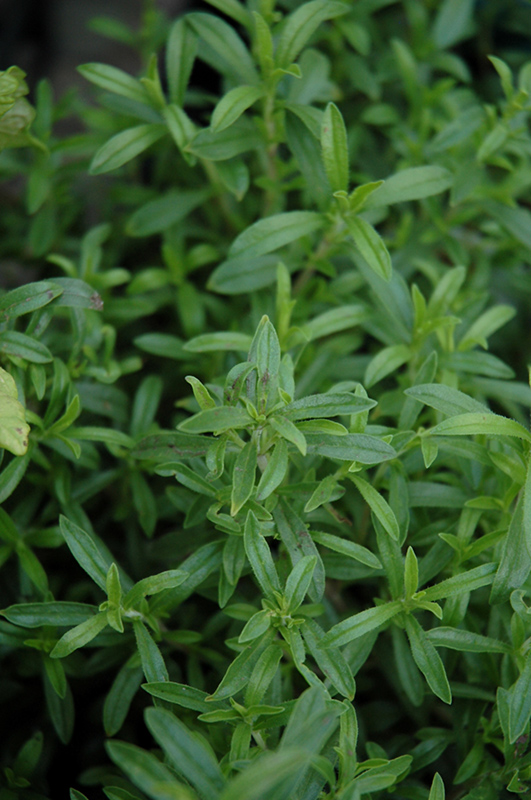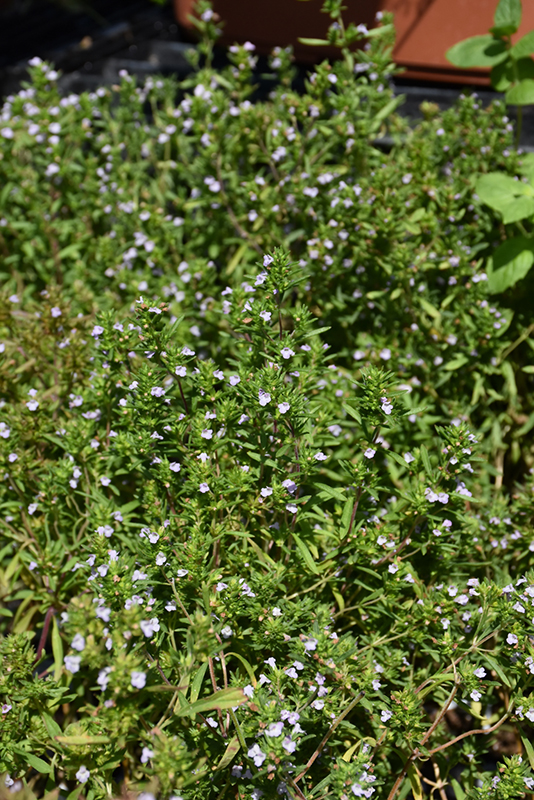Height: 18 inches
Spacing: 10 inches
Sunlight:
![]()
Hardiness Zone: (annual)
Description:
This annual variety is used as a culinary herb, and is considered milder and sweeter than winter savory; a perfect addition to the herb garden or containers; can be used fresh or dried
Edible Qualities
Summer Savory is an annual herb that is commonly grown for its edible qualities, although it does have ornamental merits as well. The fragrant narrow green leaves can be harvested at any time in the season. The leaves have a savory taste and a distinctive fragrance.
The leaves are most often used in the following ways:
- Cooking
- Seasoning
Planting & Growing
Summer Savory will grow to be about 18 inches tall at maturity, with a spread of 12 inches. When grown in masses or used as a bedding plant, individual plants should be spaced approximately 10 inches apart. This annual will normally live for one full growing season, needing replacement the following year.
This plant is quite ornamental as well as edible, and is as much at home in a landscape or flower garden as it is in a designated herb garden. It should only be grown in full sunlight. It is very adaptable to both dry and moist locations, and should do just fine under typical garden conditions. It may require supplemental watering during periods of drought or extended heat. It is not particular as to soil pH, but grows best in poor soils. It is highly tolerant of urban pollution and will even thrive in inner city environments. This species is not originally from North America.



